Week 48 (2024)
confronting the body's reality, college vs. apprenticeships, spiritual formation & the work of our hands, dating culture & guiding young adults toward flourishing
Click title to open in browser.
You can reply directly to this email if received in your inbox.
to read: books
Never Let Me Go — Kazuo Ishiguro — As with her piece on The Feast,
’s commentary on this one (linked below) both encouraged my reading of the book, and bolstered my appreciation for an otherwise strange and bleak book. Need more Theology Of The Body and _____ literary essays.Mothers, Children, And The Body Politic —
— This packs a LOT into it. I’m now interested in picking up Destroyer Of The Gods and When Children Became People, two books I was reminded of while going through this one. As for teasers, I’ve shared ’s interview at Current, but there are also reviews and such at Christianity Today, Public Discourse, and Front Porch Republic here and here.
to read: essays, articles, newsletters
added to the list:
Kazuo Ishiguro's "Never Let Me Go" And The Theology Of The Body —
, Gathering Light — “Ishiguro’s clones are infertile by design. The purpose of the signs of sex their bodies bear has become unclear through technological manipulation. And their thwarted design results in their confusion surrounding the purpose of sexuality… Ishiguro’s novel is entangled with modern bioethical questions, because of course, without an adequate definition of the human person, what we may rightly do with the body through medical technology becomes precarious territory. But at its heart, Never Let Me Go is concerned with a much more fundamental question of human existence.”How An Online Elective Changed Med Students’ Minds On Fertility Awareness —
, Natural Womanhood — “One student shared, ‘I was surprised how little I had learned about reproductive health and was excited to learn more, not just to treat my patients but also for my own use.’”Reclaiming Time: Why Women Should Challenge The Productivity Industry —
, Fairer Disputations — “Men experience a rise and fall in their testosterone levels over a 24-hour period. This physical predictability often shapes the advice of time management writers. On the other hand, women have hormonal cycles that tend to last between 21 and 35 days and which consist of four distinct periods: follicular, ovulatory, luteal, and menstrual. Although every woman is different, for many, these phases have a marked impact on everything from mood to energy levels… When women push back against the conventional time management wisdom and uphold the value of inefficiency for the sake of love, it not only helps them make peace with how they spend their days. It helps all of us to build a more human world.”
Addressing The College Credibility Crisis — Bruno V. Manno, American Compass — '“Americans want K-12 schools, colleges, employers, and other stakeholders to think creatively and differently about success and the many pathways to attaining it. This approach creates what I call opportunity pluralism, where these diverse pathways lead to an increase in good jobs and human flourishing”
Christian Formation For The 'Toolbelt Generation' —
, Christianity Today — “My husband is the first member of his immediate family to have earned a college degree. After one generation, I thought, were we already going backward? Our son didn’t see his decision that way. Being at home during the pandemic had meant seeing his parents working on their computers while he did school on his, and the experience made him rethink college.”The Pastor Walks Me Through His House — Aaron Brown, Fare Forward — “See the beams we gathered ten hands to hang,
triangular trusses the rain threatened
to keep grounded? See the old oak claimed
from the deserted farmhouse, weathered”
Anglicanism: Apprenticeship To The Carpenter King —
, The North American Anglican — “Perhaps these four features of apprenticeship – liturgy, labor, language, and love – are only one piece of the puzzle. Might it be that in order for the apprenticeship model to work, the apprentice must be a particular kind of person? In possession of a particular virtue? …The trades, as Crawford points out, require no less than a humble approach to the limitations enforced by craft and matter.”(related to the links above: all of Nate’s writing, including The Repository based off his trilogy of FPR essays, shared previously)
How To Fix Our Broken Dating Culture —
, First Things — “They’re frustrated, and they’re right to be. Pro-natalist support should be aimed at helping young singles avoid the disappointment that’s unfolding for the cohort that preceded them. One good way to start is to make marriage-seeking as much an explicit, planned pursuit as college and career.”(related: Dating Needs Real-Life Social Networks, ’s Gen Z Is Ditching The Dating Apps and Cheap Sex (book), shared previously)
The Uneven Race Between Work And Marriage — Joshua Hren, Church Life Journal — “Chesterton was fundamentally worried that capitalism’s logic would wear away at the deep roots of the family. In “Mister Squishy,” we watch not the atoms being smashed, but the progeny of this fission, circling his job in an earthbound orbit, unable to bond, bouncing off the walls of his condo. A conscientious employee, exemplary even. A smashed man, sickly squishy, hard to digest.”
Guidebook Points Young Adults Toward A Flourishing Life — Helen Alvaré, Institute For Family Studies — “There is no moralizing from on high. Rather, the writers are reporting young adults’ emotions and thoughts as they move away from unsatisfying work, love, and leisure to more satisfying or even joyful experiences of each of these, by means of experimenting with the guidance offered in this book.”
Why Do Today’s Emerging Adults Need a Playbook? A Q&A with Anna Moreland — Kelly Hanlon, Public Discourse — “They’re encouraged to work hard on their careers, but there’s this myth that somehow, romantic relationships don’t also require work. I’m utterly astonished by it… Take risks in work, take risks in leisure, and take risks in love, because on the other side of that is a life well-lived.”
(related: on men and boys at his substack/podcast/resource list/recent book and on girls and this dialogue with her, shared previously)
to watch, listen to
Continuing On:
Genealogies Of Modernity — Season 2, Episode 3 — What Is Genealogy?
The Natural Womanhood Podcast with
& Cassondra Moriarty — Episode 7 — How Fertility Awareness Can Help Us Reclaim An Authentic Vision Of Self-Care: An Interview with Julia HoganWoven Well Podcast with
— Episodes 14, 15, 16 — Navigating Your Biggest Fertility Fears, Dealing With Fertility-Focused Anxiety, PMS 101
(more resources on female embodiment in the Big Ol' Compilation)
to glean from: tip, product, resource
There’s a million and one Advent explainers, guides, lists, books and such a person can come across these days, spanning the Catholic, Lutheran, and Anglican traditions of the west to the Orthodox of the east. Because of where I find myself currently, we’ll limit it to:
- ’s Advent companions
- ’s living Advent resource
- ’s aids to observance (including some great pieces from others that have floated around substack recently)
Also, any Los Angeles folks out there? Help a girl out.


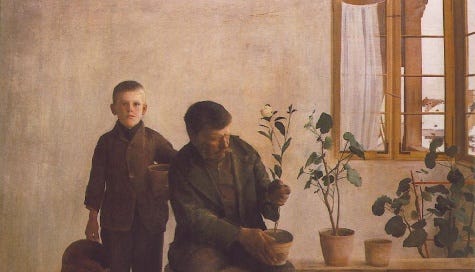


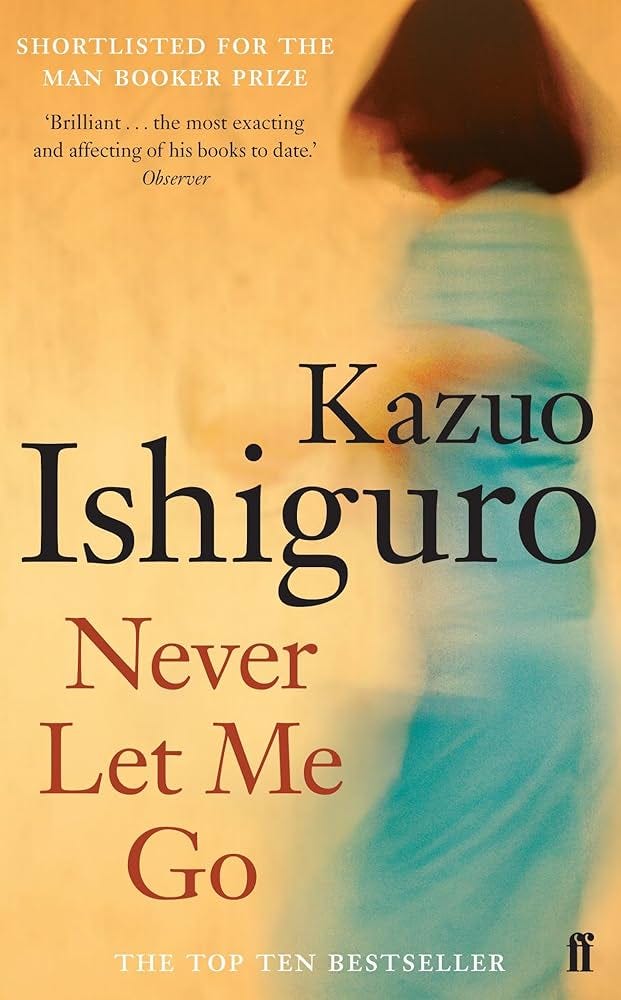
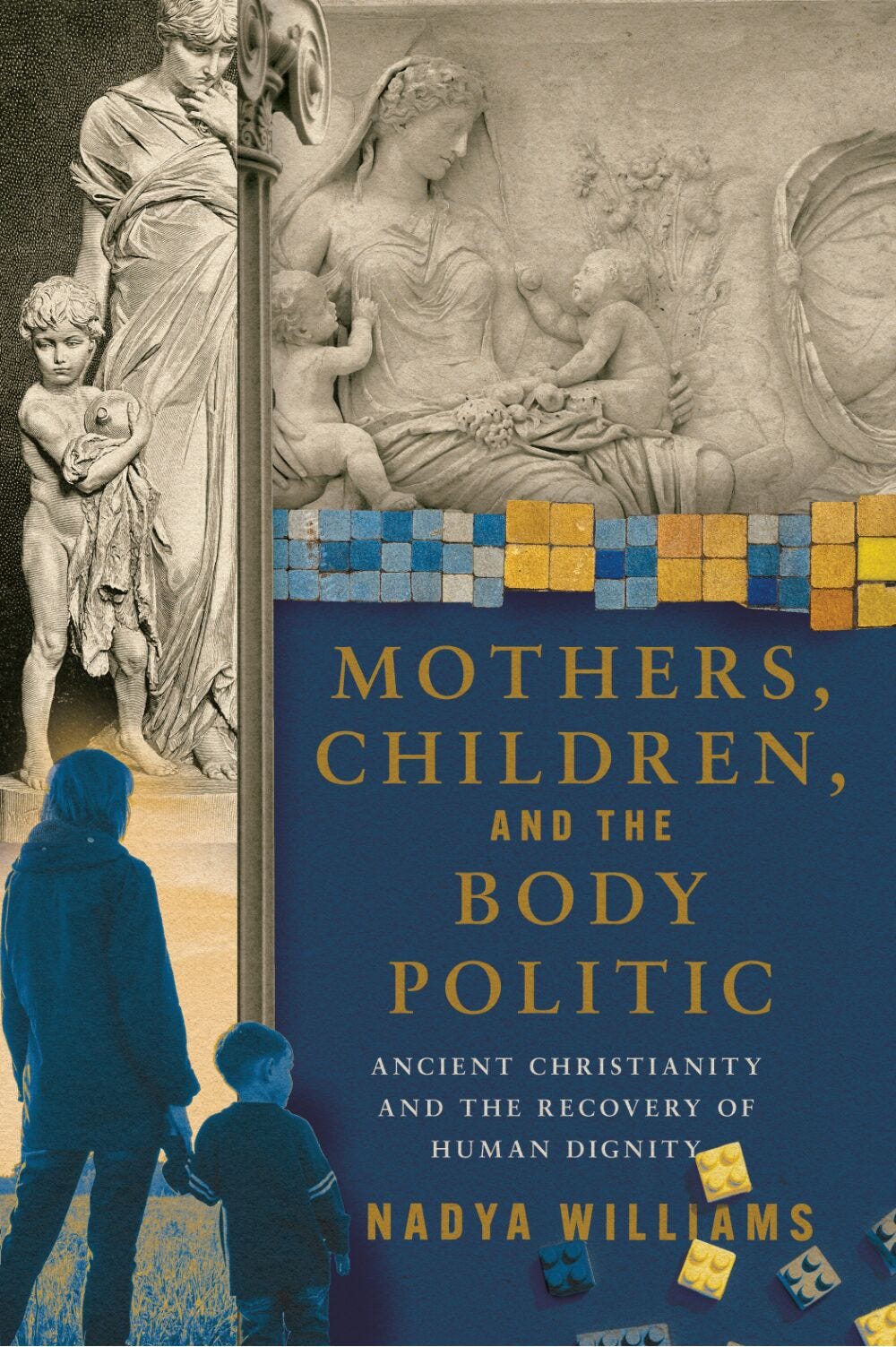

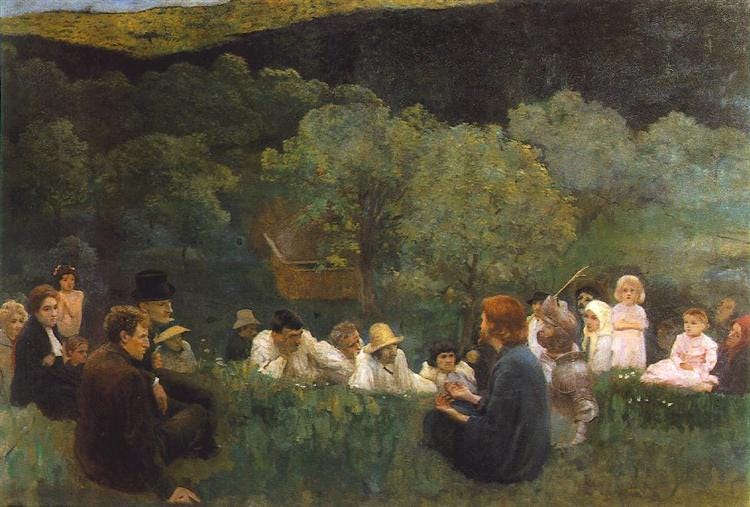
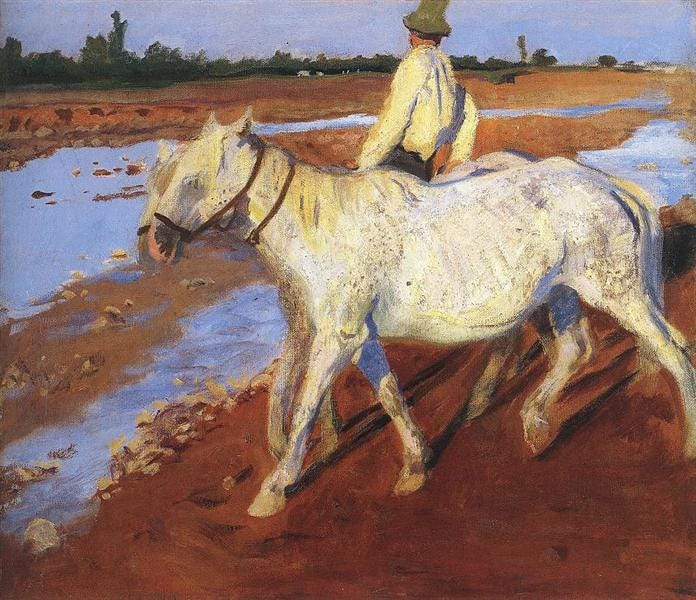
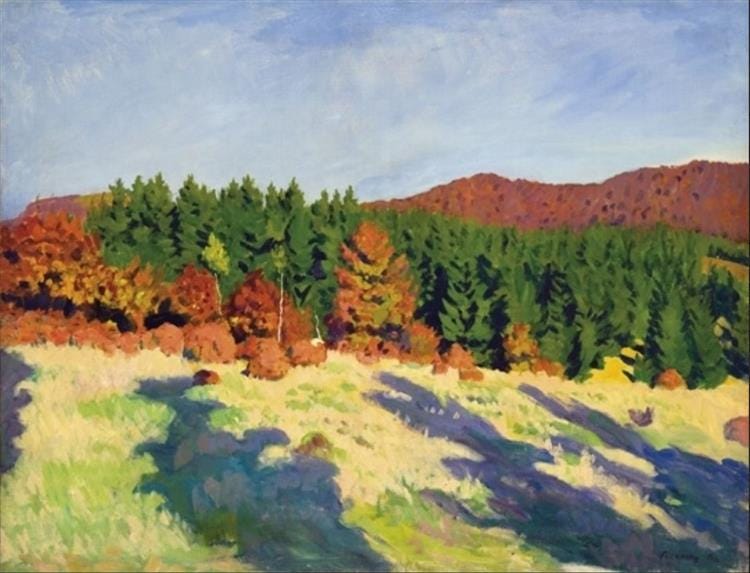
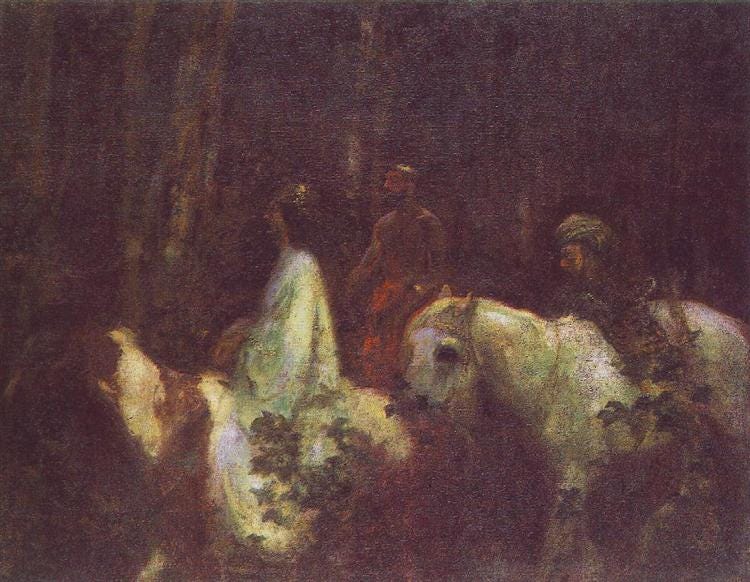
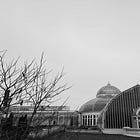


1 - Caitlin’s article and the story make me optimistic about medicine + fertility awareness working together for the good of women.
2 - Brown’s poem. First time, I read it as the pastor’s literal house. Sat on it, then thought - wait? What if? And reread with a different type of ‘house.’ Am I off or is that so clearly obvious to the seasoned poetry reader? But it is so perfectly true.
3 - I’m glad my Advent observance list is considered as possibly helpful to someone. I kept adding links and thought of how much time your newsletter must take. Thank you for enriching our lives, and I appreciate your work. Happy Thanksgiving to you, Haley!
I came across a great Protestant liturgy for Advent-Epiphany this year. It’s “O Come O Come Emmanuel” from Jonathan Gibson, a Westminster prof. It opens each day with a meditation passage from a great figure in church history, from Gregory of Nyssa to John Calvin. Besides which the physical book itself is simply beautiful.